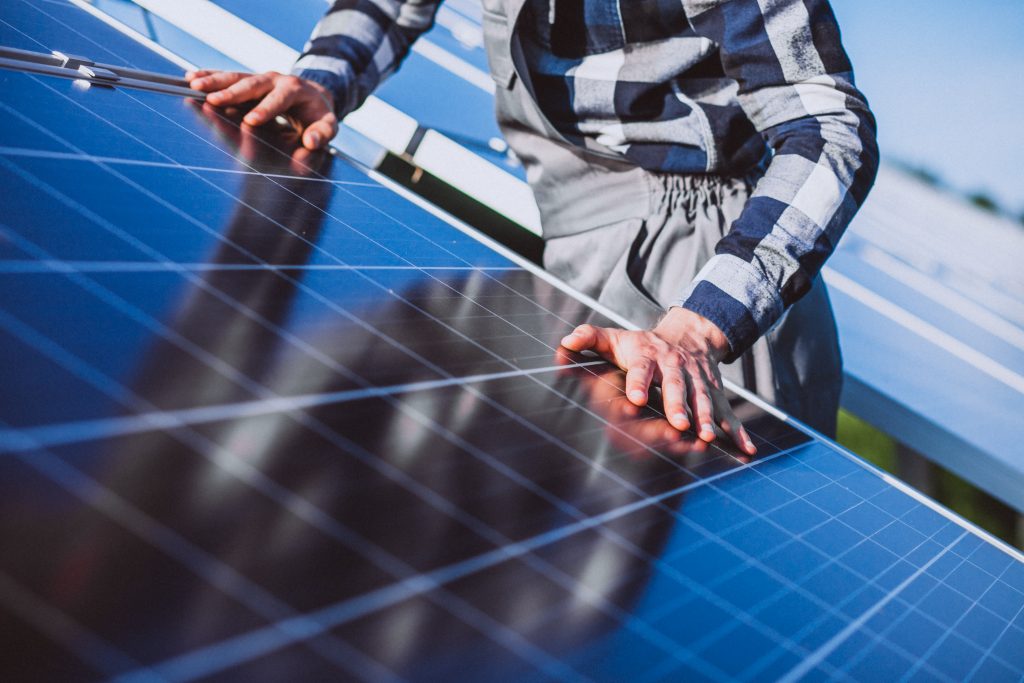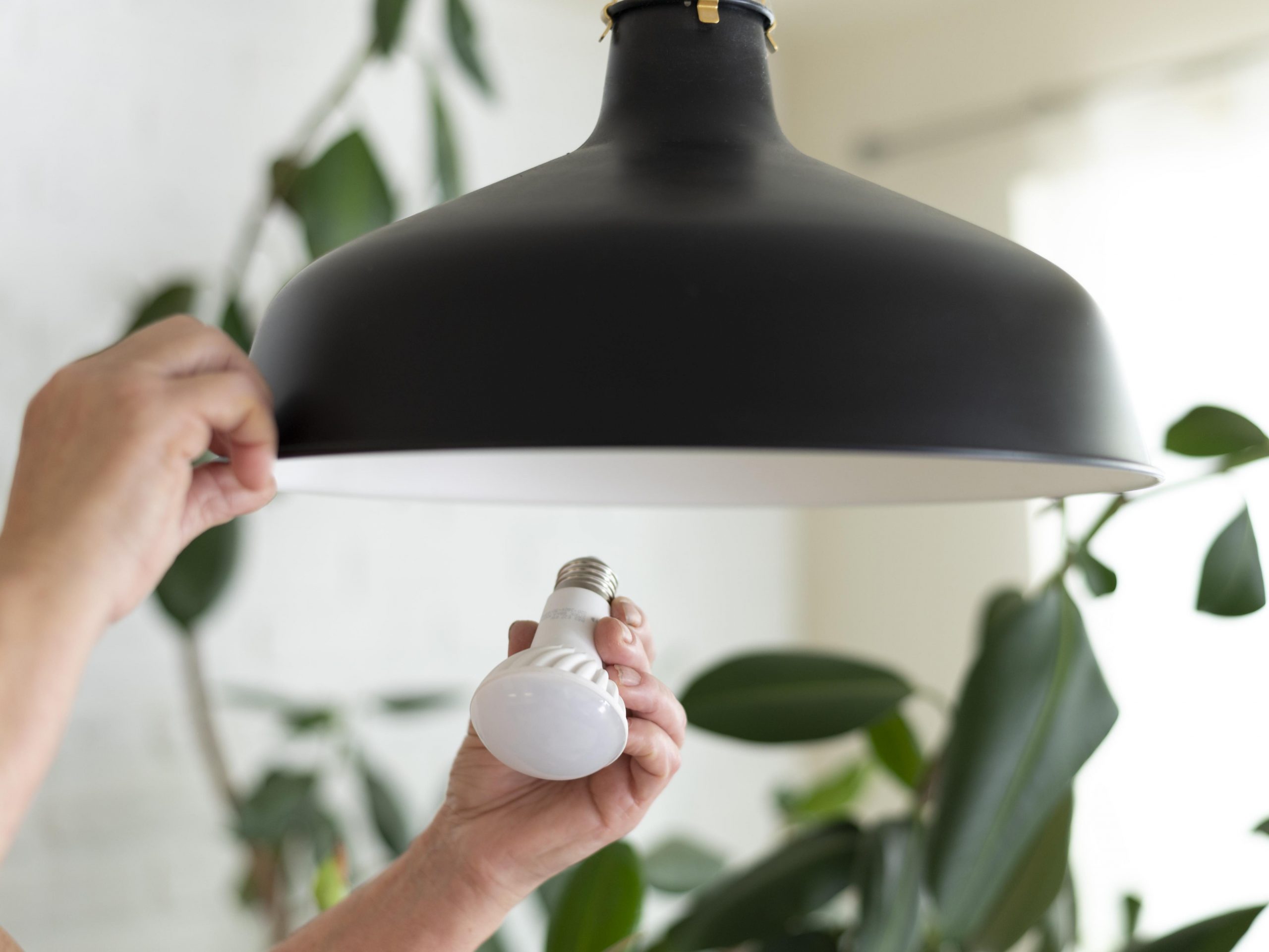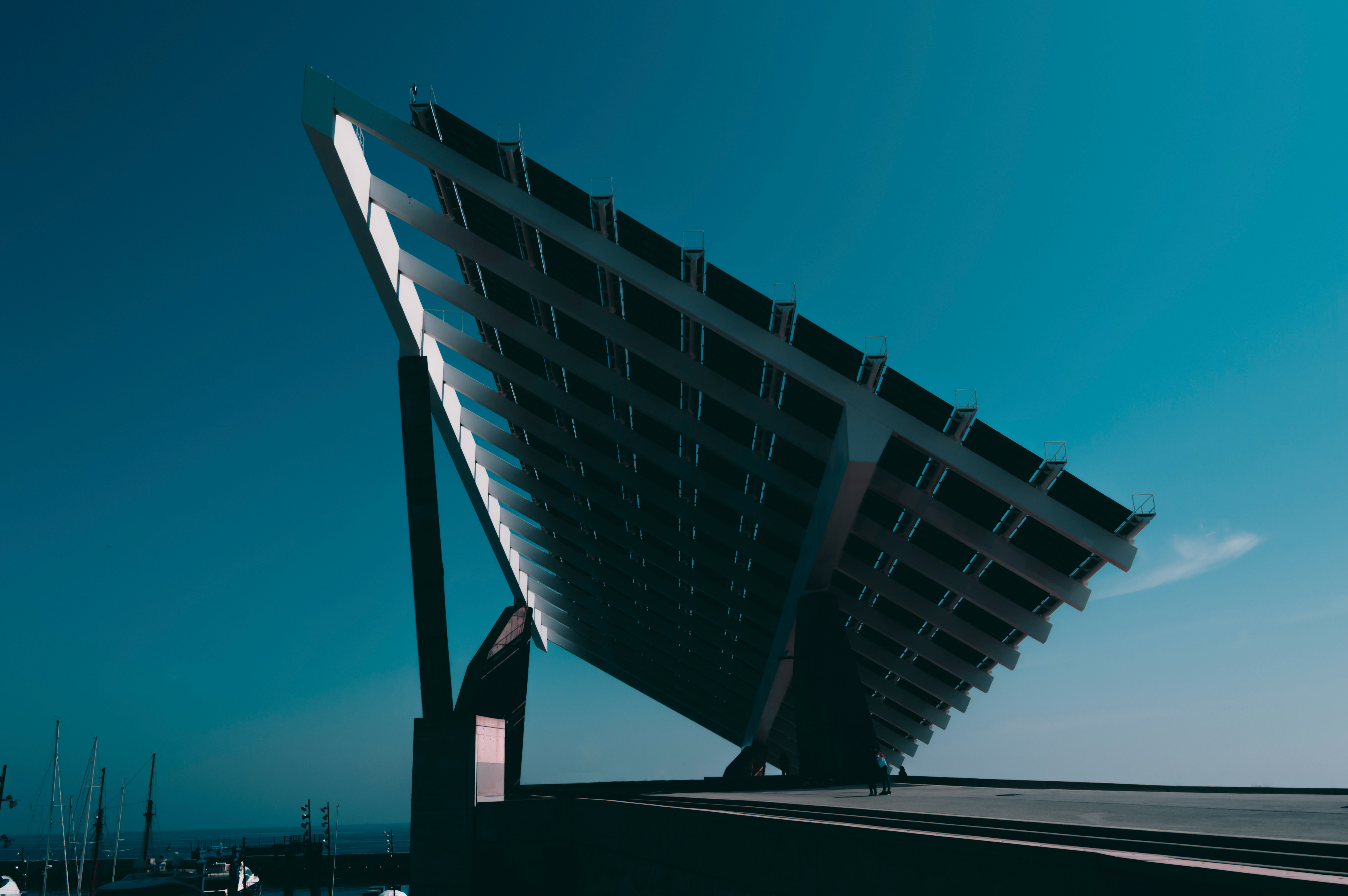Achieving the Nearly Zero Energy Building (nZEB) status is a goal that captures the attention of those committed to the future of construction and energy efficiency.
If you are considering making the leap towards nZEB, it is essential to have a clear understanding of the key factors that can make a difference in your journey. Here are five crucial aspects to consider if you want your building to attain the coveted nZEB status:
- Effective Insulation and High-Performance Windows: Let’s start with the basics. To reach nZEB status, you need a robust “coat” for your building. This involves investing in high-quality insulation materials and ensuring that windows are designed to prevent heat leakage. By doing so, you will not only reduce the energy needed to heat or cool your building but also move closer to nZEB status.
- Renewable Energy Sources: To achieve nearly zero energy consumption, it’s time to harness what nature offers us. Solar panels, wind turbines, and geothermal systems are excellent options for generating clean energy on-site. Incorporating these renewable energy sources into your building design not only contributes to a more sustainable future but also reduces the carbon footprint of your construction.
- Advanced Building Control Systems: Imagine a building that understands your needs without you having to ask. Advanced building control systems do just that. By adopting smart technology, you can efficiently manage energy usage, adjusting lighting and temperature based on occupancy and external conditions. In addition to making your building more efficient, it also enhances the experience for occupants.
- Energy-Efficient Appliances and Lighting: The small details matter. Every appliance and light bulb counts in the nZEB mission. Opt for energy-efficient appliances and lighting, such as LED bulbs and ENERGY STAR-certified appliances. In addition to benefiting the planet, these small changes will bring you closer to the energy balance required for nZEB status.
- Life Cycle Analysis (LCA) Considerations: Sustainability is not only about the present but also the future. Conduct a Life Cycle Analysis (LCA) of your building, evaluating the environmental impact of materials and construction methods throughout your building’s life. By doing so, you will be making informed decisions that reflect your commitment to sustainability.


SEBR can help you drastically reduce the emissions and energy consumption of your building through tailor-made, innovative, and easy to use solutions.
Interested to learn more? Contact us

